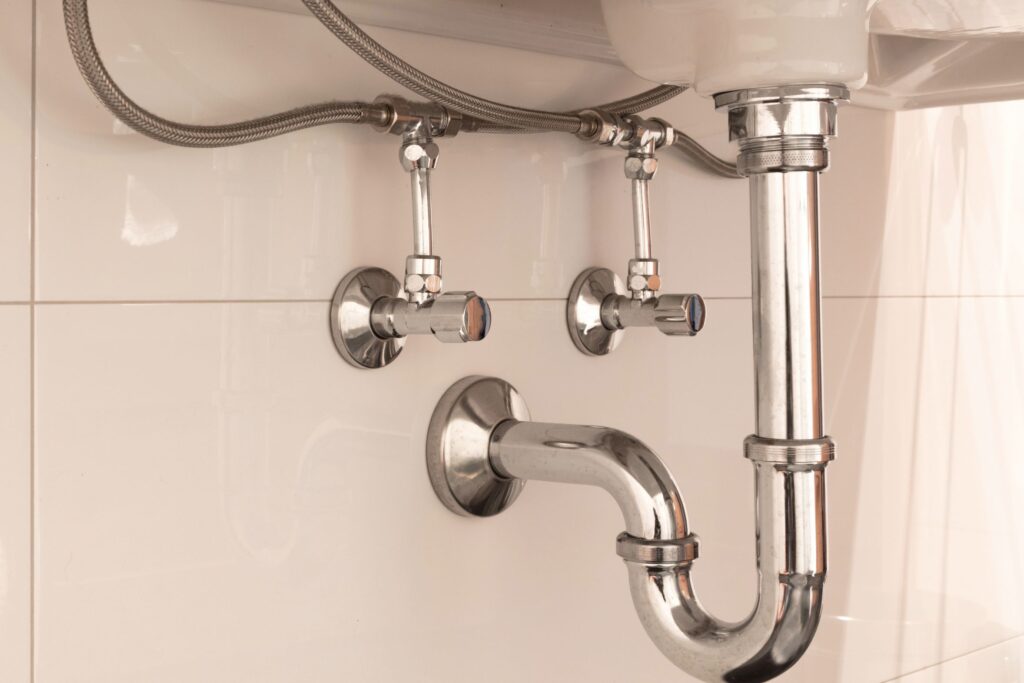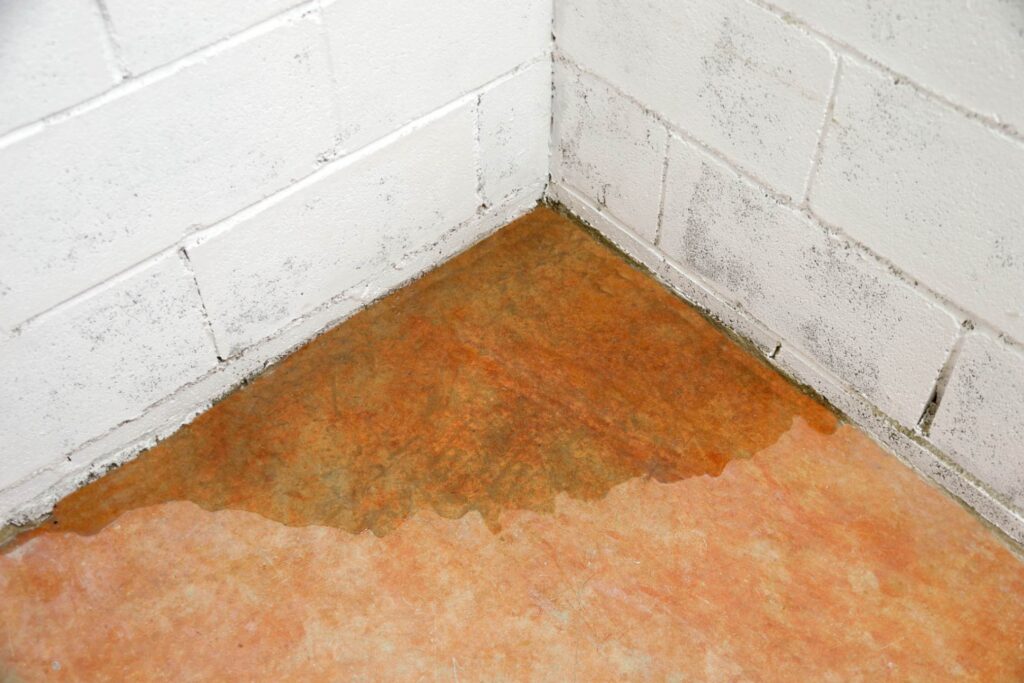Notice a foul odor or sewage smell in your basement? While unpleasant, this smell can also indicate more serious problems that require immediate attention. Today, we’ll get into the nitty gritty of what might be causing the sewage-like odor in your basement, solutions to address it, and when it’s wise to call a plumbing professional. Whether you own or rent your home, recognizing these issues can protect your property and maintain a healthy environment.
Common Reasons for Basement Sewage Smells
1. Dry P-Traps:

What’s a p-trap? Great question! P-traps, those U-shaped pipes beneath sinks and drains, hold water to block sewer gases from entering indoors. If a drain isn’t used often, the water can evaporate, allowing gases to seep through.
2. Blocked Drains:
Drains can slowly accumulate hair, grease, and other debris, leading to slow drainage and odor-causing bacteria buildup. This can hinder ventilation and force sewer gases back into the basement.
3. Sewer Line Issues:
Moving on to sewer lines, it’s good to note that damage or blockages in the main sewer line can cause backups, resulting in unpleasant odors (sewage smells), property damage, and possible health risks.
4. Poor Ventilation:
Vent pipes should funnel sewer gases out through your roof, but if obstructed or damaged, gases might linger and find their way indoors.
5. Inadequate Basement Sealing:
Poor sealing can allow external odors, like those from rising groundwater, to enter, particularly if there are structural defects or cracks.
Solutions to Basement Sewage Smells
1. Refill P-Traps:
Regularly run water down all drains, especially those rarely used, to maintain the water barrier against odors.
2. Unblock Drains:
A plunger, plumbing snake, or commercial drain cleaners can clear clogs. Natural solutions like baking soda and vinegar may help, too, but persistent blockages may need professional plumbing help.
3. Check Sewer Lines:
If you suspect sewer line problems, quick action is crucial. Professional video inspections can reveal issues like tree roots or cracks that need repair.
4. Ensure Adequate Venting:
Look for and clear any obstructions from vent pipes, which may involve roof work. If uncertain, hire a professional.
5. Seal Your Basement Properly:

Look for and address cracks or water ingress with waterproof sealants to keep external odors out.
When to Seek a Plumber’s Expertise for Sewage Smells
Certain odor problems need more than a DIY approach and warrant professional plumbing services.
– Persistent Odors: If DIY fixes haven’t solved the odor issue, professionals can uncover hidden problems.
– Plumbing Challenges: Issues like cracked pipes or major blockages require expert handling to avoid property damage.
– Safety and Health Risks: Avoid risking your health with toxic gases like hydrogen sulfide and methane. When in doubt, don’t hesitate to consult with a professional plumber, like Grove City Plumbing & Drain.
– Extensive Repairs: Large projects, such as sewer line replacement, should be carried out by professionals to ensure safety and compliance with regulations.

Swift action against basement sewage smells maintains a pleasant and healthy home. Understanding the causes helps in tackling them efficiently and knowing when professional help is necessary. Whether it involves something simple like refilling a P-trap or more complex repairs, correct measures prevent future problems.
Your home should be a haven, and dealing with potential sewage issues promptly ensures comfort and safety for all occupants. If you are uncertain about how to address a plumbing issue, reach out to the experts at Grove City Plumbing & Drain for peace of mind.
Here’s a list of our complete plumbing repair and maintenance services in Grove City, Ohio!
Contact Grove City Plumbing & Drain for all your plumbing needs by calling (614) 362-3345 or clicking here to schedule an appointment now!




